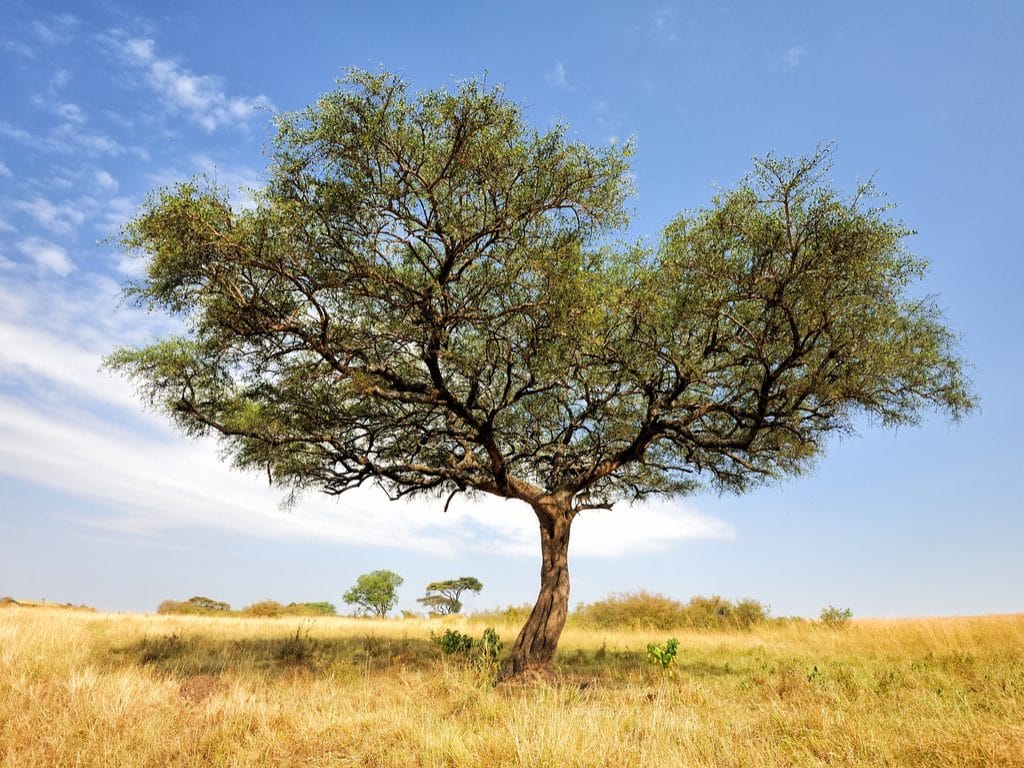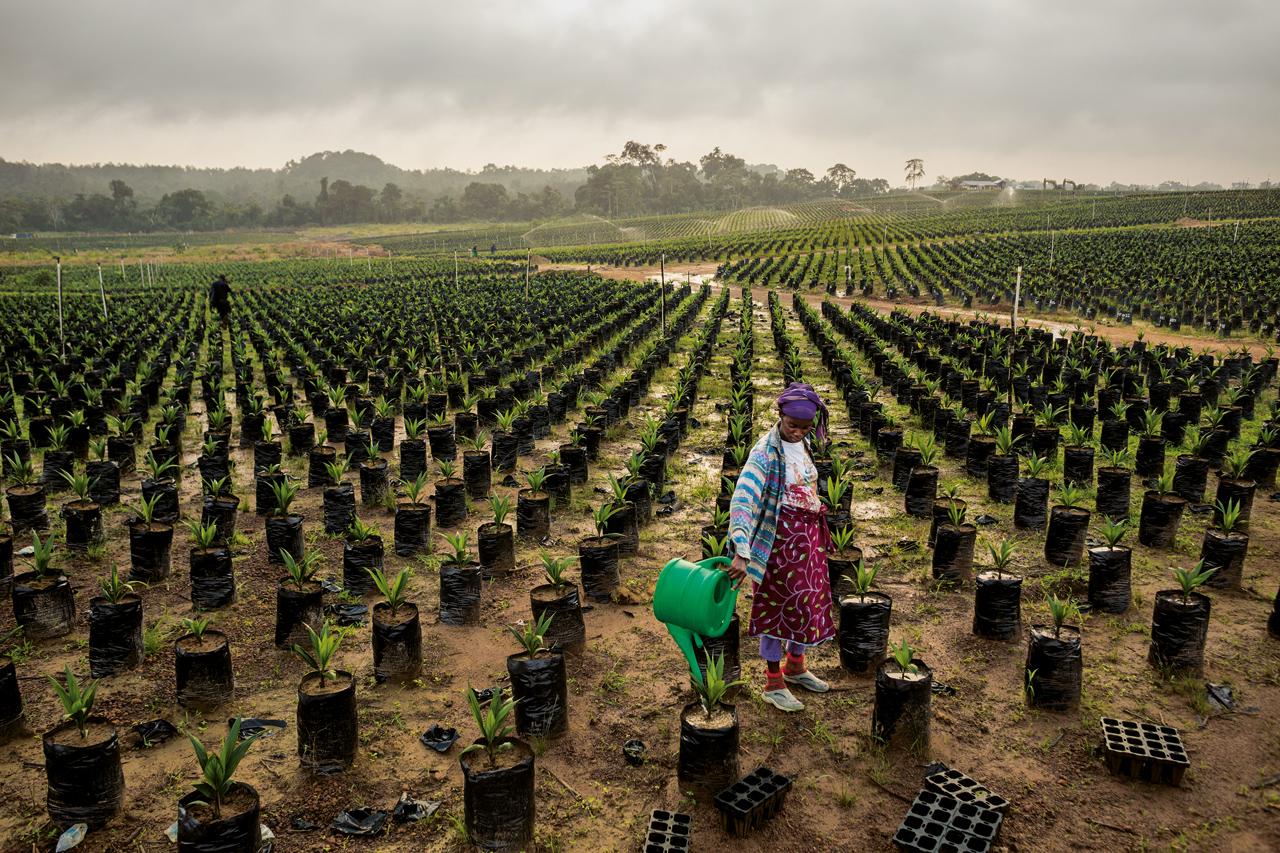The Sovereign Carbon Initiative
"Climate change is not a theoretical long-term forecast that will have to be anticipated, but is already a palpable reality that our populations suffer from on a daily basis."
H.E. Mr. President of the Republic Ismail Omar Guelleh
While Africa, and Djibouti in particular, are directly impacted by climate change, the Republic of Djibouti, by presidential decree, created the Sovereign Carbon Initiative with the establishment of a Carbonne Contribution.
This initiative is part of this urgent observation and that of Djibouti's commitment to reduce its greenhouse gas (GHG) emissions by 40% in 2030, in accordance with the objectives of the Paris Agreement, which aims to limit the increase in global temperature to below 1.5°C compared to pre-industrial levels.
Obligated contribution
Based on the 'Polluter-Pays' principle applied in more than 35 countries representing more than 70% of the global GDP, a compulsory carbon contribution is established by article 2 of the Presidential decree, to be paid by the main GHG emitters (the 'Obligors').
The ‘Obligors’ regroup entities from the air and maritime sectors, institutional organizations and foreign armed forces established in the Republic of Djibouti.


Voluntary contribution
In accordance with Article 6 of the Presidential Decree, all economic actors operating on the territory of the Republic of Djibouti are encouraged to voluntarily join this initiative and to contribute with their expertise, know-how or funding.
The priority objectives of this contribution are:
-
To set up a Carbon Registry allowing Obligors and Volunteers to record their real emissions and to follow their efforts of compensation,
-
To finance and carry out impact programs for the benefit of the most vulnerable populations who are the most exposed to the consequences of global warming. These programs will meet the Sustainable Development Goals as defined by the United Nations,
-
To design and implement environmental and energy programs for carbon avoidance and sequestration alongside specialized investors.
AGENDA
2023Phase 1
Launch of the Carbon Initiative and Contribution for Obligors and Volunteers2024Phase 2
Creation of the Carbon Registry. Carbon Contribution and Compensation for Obligors and Volunteers. Impact programs implementation2025Phase 3
Implementation of environmental & energy programs
Phase 1: Carbon contribution
The Sovereign Carbon Agency, under the supervision of the Presidency of the Republic, is solely authorized to define the terms and conditions for the payment of the carbon contribution, as well as to receive, evaluate, register and approve applications for program funding.
Obligors in the aviation and maritime sectors pay a carbon contribution. The carbon contribution of institutional organizations and foreign armed forces established in the Republic of Djibouti will be defined according to specific agreements.
Phase 2: Creation of the Sovereign Carbon Registry
A Sovereign Carbon Registry will allow Obligors and Volunteers to report their GHG emissions calculated according to recognized international standards, to record and track their contributions, as well as their contribution and action to compensate their actual emissions.
Efforts of Obligors will be divided between a mandatory contribution and an obligation for compensation, via the withdrawal of carbon credits issued by independent certification agencies. These carbon credits must be in priority related to projects developed in the Republic of Djibouti.
The Carbon Registry will be administered by an independent and transparent Governance Body bringing together international organizations and verification and certification agencies.
Phase 3: Implementation of environmental and energy projects
The establishment of the Sovereign Carbon Registry as well as the support of public and private actors operating in Djibouti will enable the Sovereign Carbon Agency to develop and promote environmental and energy projects to specialized investors.
The initiative aims to initiate large-scale projects for the production of renewable energy, the preservation and restoration of biodiversity, and food sovereignty.
